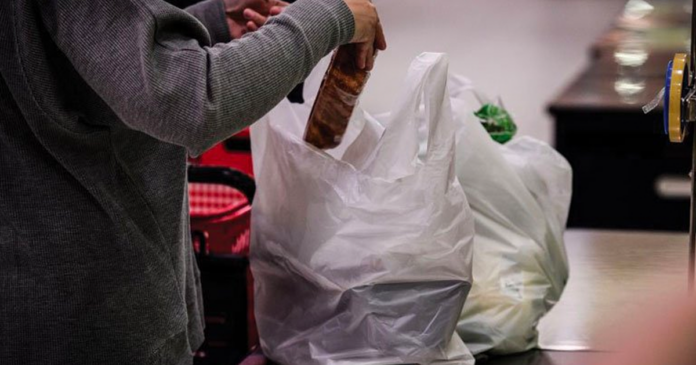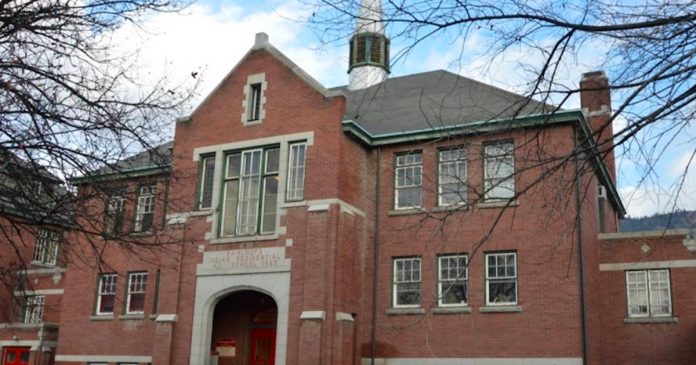Toronto’s former deputy mayor Ana Bailão has received strong backing from the city’s political class in her bid to become its next mayor.
But the endorsements haven’t translated into significant voter support for Bailão’s campaign ahead of the June 26 election, as she has fallen well short of frontrunner Olivia Chow and battles to distinguish herself from the race’s secondary contenders like Mark Saunders, Josh Matlow, and Anthony Furey.
Bailão’s campaign is built on improving services and housing affordability – the latter through reforms that include, renter protection – as well as bail reform, better accessibility to Toronto Island, more efficient 311 service, and more.
Her platform has garnered support from Toronto’s centre-left political class, with endorsements from nine sitting Liberal MPs, seven city councillors and three former Toronto mayors, including the most recent, John Tory.
Bailão served as one of Tory’s deputies from 2017-2022, at which point she opted to retire from politics.
Tory threw his support behind Bailão earlier this week in a six minute-long video, lauding her as a “fighter,” “negotiator,” and “leader.”
A recent Forum Research poll put Bailão in a two-way tie for third place with Anthony Furey, however, Chow leads Bailão by 19%, whileMark Saunders is edging her out by 2%.
On housing, she’s pledged 285,000 more homes in Toronto by 2031, of which 20% would be purpose-built rentals.
“As Mayor, I will champion planning reforms that will urgently address the housing crisis to build 285,000 new homes, including 57,000 purpose-built rental, and will protect renters and homeowners today,” Bailão said.
She would introduce ‘rental zoning’ to reserve specified plots of solely for rental construction.
Bailão supports reforming Toronto’s planning regulations, including zoning and land use, to develop missing middle housing, or soft-density homes like mid-rise towers, townhomes, and multiplexes.
If elected, Bailão promises to install security cameras on Toronto’s subway platforms and deploy TTC staff to roam the platforms, providing more eyes and ears to react to any incidents in violence.
She would also try to strike a deal with Canada’s major telecom providers, namely Bell, Rogers, and Telus, to provide cell phone service to the city’s subway tunnels.
To make Toronto streets safer, Bailão would expand Toronto’s Community Crisis Service to reliably cover the entire city and fund more mobile mental health clinics.
Bailão also supports pushing the federal government to reform the country’s bail system, decrying the “revolving door system.”
To improve traffic, Bailão would get tough on enforcing traffic and parking violations, increasing fines, and installing red light cameras in school safety zones.
Bailão also supports improving Toronto’s splash pads, making access to Toronto Island easier, and bringing major international events to the city.
Bailão is one of the only candidates to support Premier Doug Ford’s plan to move the Ontario Science Centre to Ontario Place, provided it benefits the surrounding community in some way.
The nine Liberal MPs endorsing Bailão are Gary Anadasangaree, Julie Dzerowicz, Peter Fonseca, James Maloney, Judy Sgro, Charles Sousa, Arif Virani, Jean Yip, and Salma Zahid.
Bailão was also endorsed by Toronto city councillors Paul Ainslie, Shelley Carroll, Nick Mantas, Chris Moise, Frances Nunziata, James Pasternak, and deputy mayor Jennifer McKelvie.



























